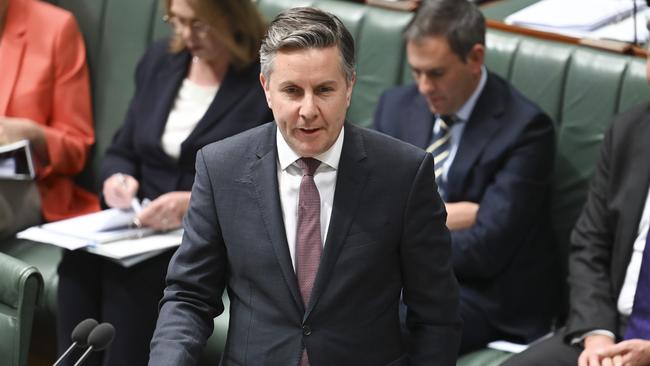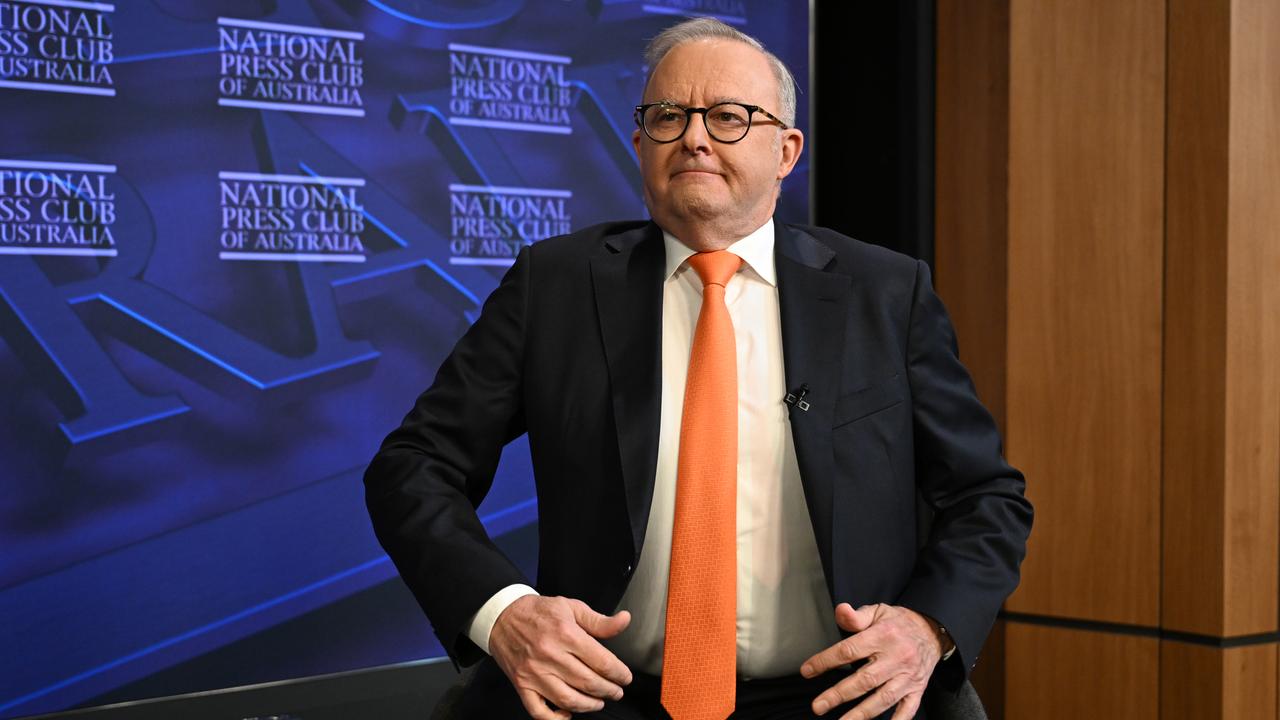Aged-care deal still expected despite political brinkmanship
A widely anticipated bipartisan deal on aged-care reform is yet to be formalised.

The aged-care sector is on tenterhooks over whether Labor and the Coalition will come to the party as expected on a new bipartisan approach to caring for the nation’s older Australians.
With a day to go before federal parliament rises for a fortnight, a proposed new aged-care act and sweeping reforms to the way care is funded both in nursing homes and for in-home care have still not been introduced to parliament.
Key among the changes are that there will be more user-pays in the system for non-health related elements of aged care, such as meals and accommodation in nursing homes and gardening and cleaning for recipients of in-home care.
Advocates say the current system is seeing many providers struggling to survive financially, with little interest in new capital investment in the sector. They are concerned the “parliamentary runway” to see the new laws enacted this year is running out.
There is some brinkmanship going on in Canberra ahead of this session’s final sitting day.
The government believes it has made significant concessions in the interests of bipartisanship, including dropping its call for criminal penalties on nursing home directors if their facilities don’t meet quality standards.

It says it has provided the opposition with all relevant draft legislation, and is now awaiting a letter from the Coalition confirming it will back the new bill, at which time it will be tabled.
The opposition remains unmoved from its position that the government should table the entire bill first for the Coalition and the public to see before it puts a final position.
Opposition aged care spokesman Anne Ruston this week said “older Australians and their families need to be brought along (on) this journey of reform.”
The Coalition has given numerous signals it will back aged-care reform, noting the need for financial sustainability in the sector. Health and Aged Care Minister Mark Butler has said a deal was very close, but negotiations to find a bipartisan approach have been going on for months.







To join the conversation, please log in. Don't have an account? Register
Join the conversation, you are commenting as Logout